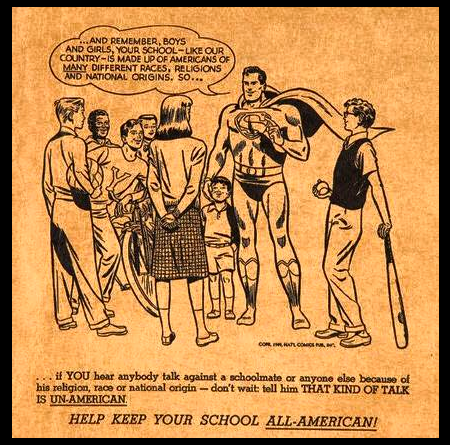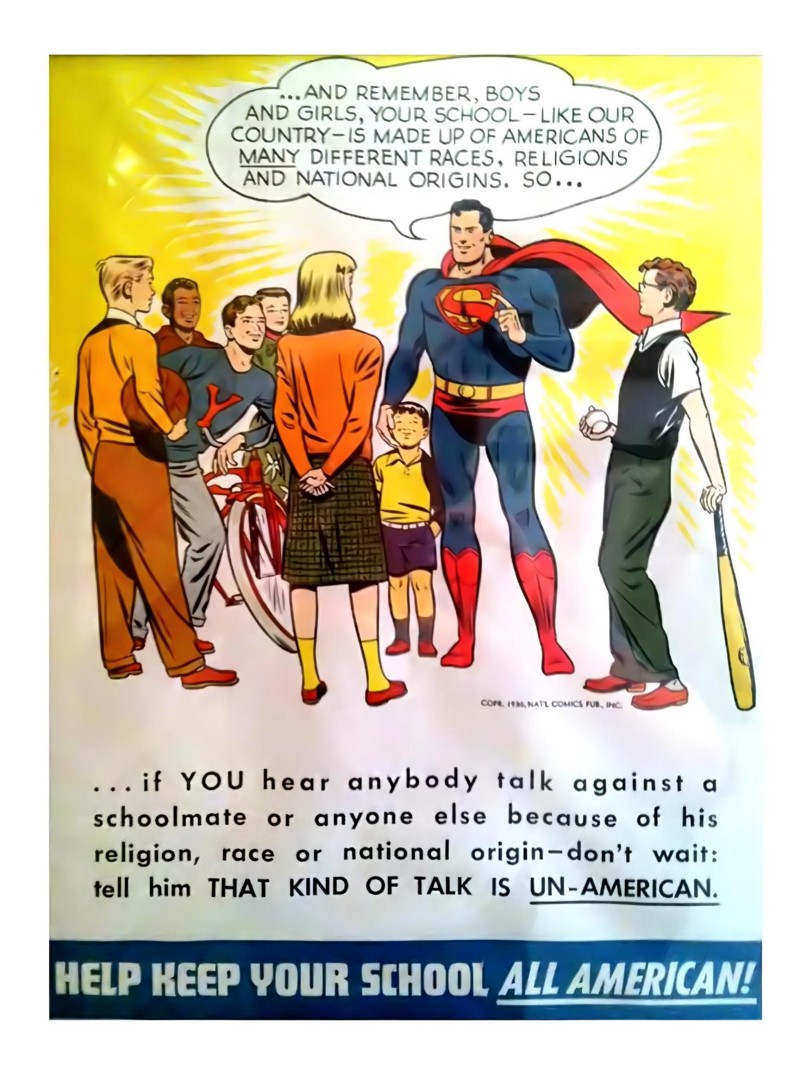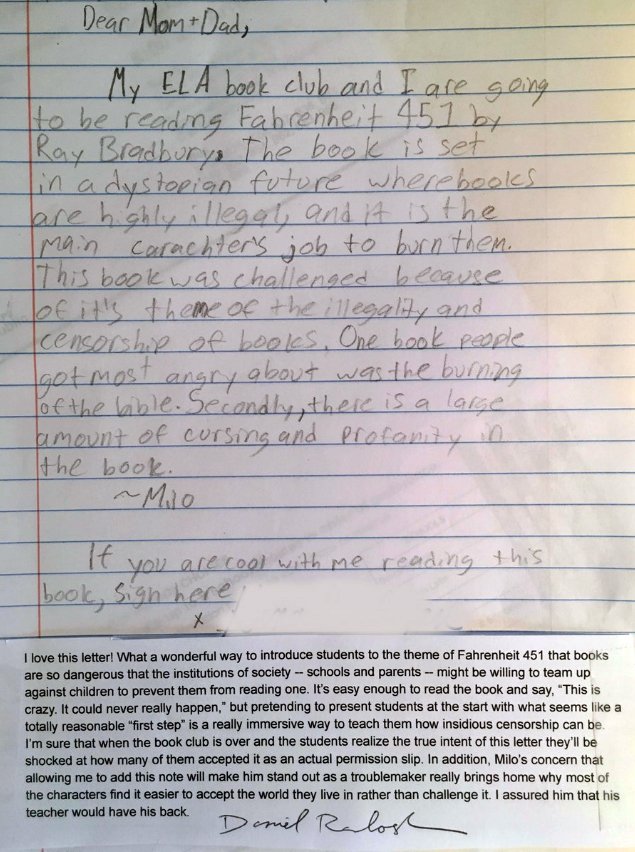Just last month, the U.K. announced the so-called “Turing Law,” a policy U.K.’s justice minister Sam Gyimah describes as pardoning “people convicted of historical sexual offenses who would be innocent of any crime today.” The law is named for Alan Turing, the brilliant gay computer scientist whose work on A.I. gave the artificial intelligence test its name.
Turing was also instrumental in breaking the Nazi Enigma code, and the Ministry of Justice’s press release identifies Turing only as an “Enigma codebreaker,” suggesting that his patriotic duty may have made him something of an official martyr; Turing was one thousands of men unjustly convicted over many decades. But “does pardoning those men unlucky enough to get caught,” asks Jonathan Cooper, “actually address the trauma to which the British state subjected LGBT people?”
I couldn’t possibly say. But the “unlucky ones” who were arrested, convicted, and imprisoned for crimes of “gross indecency” have left often poignant records of their mistreatment, and of the psychological toll it took on them. Turing wrote a very pained letter to a friend, Norman Rutledge, after his conviction (hear Benedict Cumberbatch read it here).
Around sixty years earlier, an even more well-known convict, one of the first to be convicted of “gross indecency” laws, Oscar Wilde, left an even more profound expression of his emotional turmoil. Called De Profundis (from the depths) and addressed to his lover Lord Alfred Douglas, the hundred-page document, with its lengthy digressions and ruminations, cannot solely be read as a letter, although it contains a wealth of tender and angry expressions for Douglas.
De Profundis, writes Colm Tóibín, “cannot be read for its accurate account of their relationship, nor taken at its word.” This is in part because Wilde had no other choice but to write a letter, or write nothing at all. The succession of prisons in which he was held between 1895 and 1897 allowed no writing of plays, novels, or essays.
Over the last four months of Wilde’s incarceration, he and the governor of Reading prison came up with a scheme. Since “regulations did not specify how long a letter should be,” Wilde would be given pen and ink each day and be allowed compose correspondence as long as he liked. The letter would then be his personal property when he left. Despite its literary density, the letter remains, writes Tóibín, “one of the greatest love letters ever written.”
Reading prison has just been opened to the public for the first time this year. Since July, artists, writers, and performers have gathered with audiences inside the prison to celebrate and commune with the spirit of Wilde. Among the events have been readings of De Profundis by Tóibín, who read the letter in its entirely last month, as did Patti Smith.
At the top of the post, you can see an excerpt of Smith’s reading. “The edited version of De Profundis” from which she reads “was the first one to be published in 1905, in a limited edition of 200, five years after Wilde’s death.” In-between clips of her reading, there are interviews with a Reading prison caretaker and others, and voice-over narration telling us Wilde’s tragic story of imprisonment, as well as the general outlines of those who left no record of their persecution.
Once released, Wilde went right back to writing literature, beginning with the long, violent poem, “The Ballad of Reading Gaol.” The video up top comes from The Guardian.
via Vintage Anchor
Related Content:
Hear Oscar Wilde Recite a Section of The Ballad of Reading Gaol (1897)
Oscar Wilde Offers Practical Advice on the Writing Life in a Newly-Discovered Letter from 1890
Benedict Cumberbatch Reads a Letter Alan Turing Wrote in “Distress” Before His Conviction For “Gross Indecency”
Josh Jones is a writer and musician based in Durham, NC. Follow him at @jdmagness





